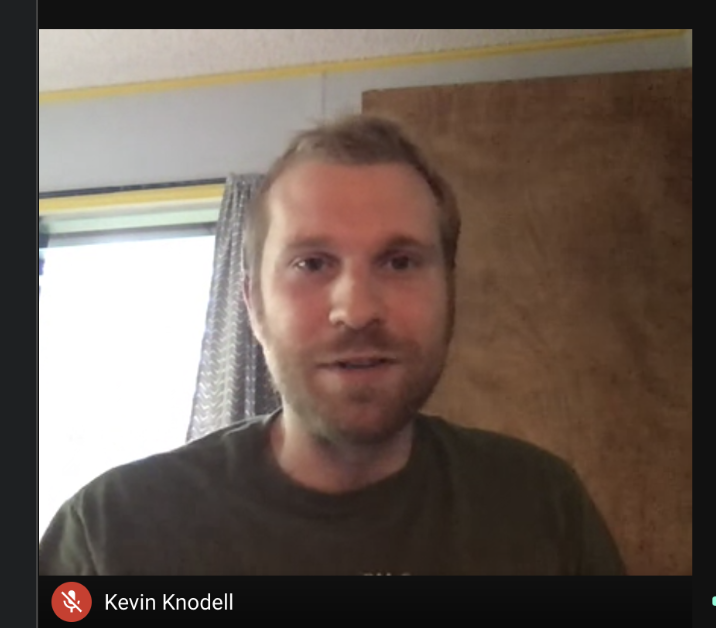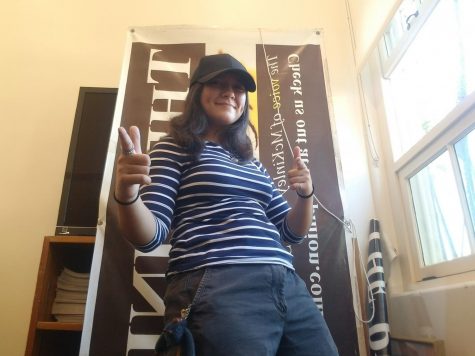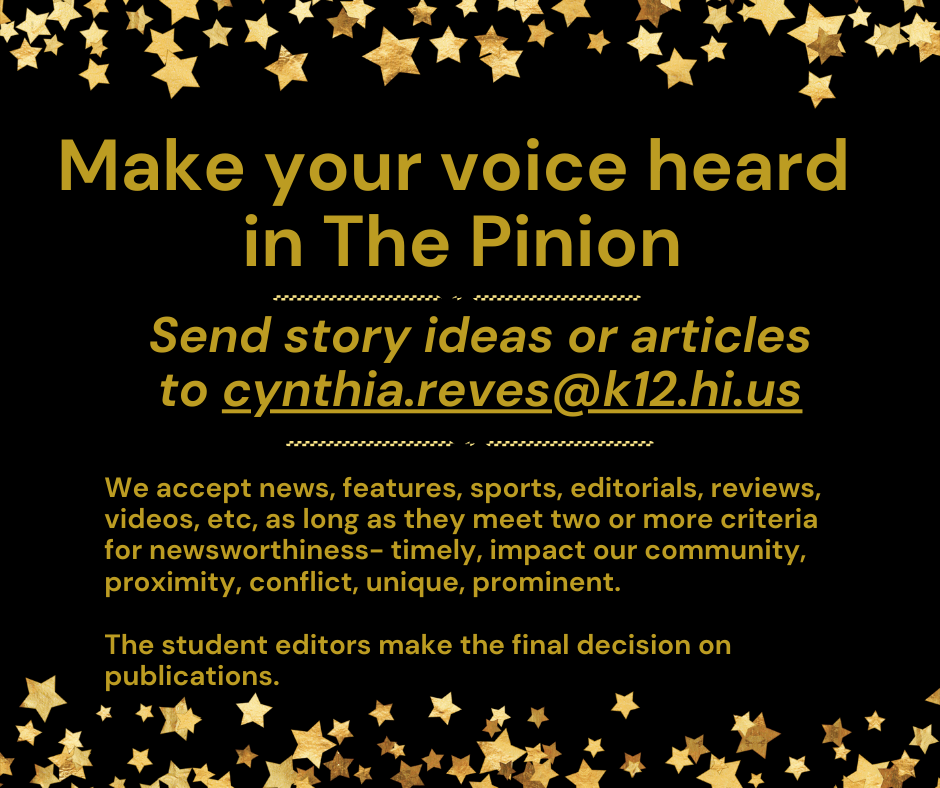Kevin Knodell contributes to Journalism Day
Kevin Knodell covers military issues for Civil Beat. He said he enjoys traveling around the world, meeting new people, taking new opportunities, and getting multiple perspectives. “You can see how things can be very different than other parts of the world but you can also see how a lot of things aren’t so different,” Knodell said
November 6, 2020
Kevin Knodell is a reporter for the Civil Beat, and he spoke to scholastic journalists during the Hawaii Scholastic Journalism Day, Saturday, October 17. All the sessions were held virtually on Google Meet.
Knodell covers military and veteran stories and said he enjoys traveling around the world, meeting new people, taking new opportunities, and getting multiple perspectives.
“You can see how things can be very different than other parts of the world but you can also see how a lot of things aren’t so different,” Knodell said
He was in the ROTC program for two years while he was in college but got medically disqualified and turned to journalism. At first, he reported on things other than the military, but he just couldn’t escape the topic. He said there is a lack of coverage for the military, and it can be hard covering it as it’s a very sensitive subject for many. In fact, the New York Times disbanded and reassigned the military coverage team.
“There are people out there who dislike the military a lot and people who like the military a lot. One way or the other., if you’re writing something that either sounds too positive or too critical for them, they’re going to not like you, and sometimes they make it personal.” Knodell said.
After college, he freelanced while working some side gigs. He said freelancing full time is rough. It can be exhausting constantly chasing work and stories while not having much financial stability.
“It’s what looks cool and movies but it’s really not that cool. It can be soul-crushing so I recommend joining a staff, ”Knodell said.
There is a lot of freedom that comes with freelancing, but there is also the issue of finding an editor willing to publish your work. He said freelancers can be seen as cheap labor, but there are publication companies that do treat freelancers fairly.
“Ironically, enough people wouldn’t guess it, but Playboy was probably the one that was best to work with as a freelancer. I got paid $5,000 for one article. That doesn’t happen a lot,” Knodell said.
He learned many things while freelancing and being on staff. Some advice he has for beginning journalists is to have a balance between your emotions and your composure. Being overly composed makes you seem distant and unnerving. At the same time, you don’t want to let your emotions rule over you. Some stories, though, require you to empathize with the people you’re interviewing.
“ I think you just need to put mental checks in place to recognize that every person and every story has a stake,” Knodell said.






